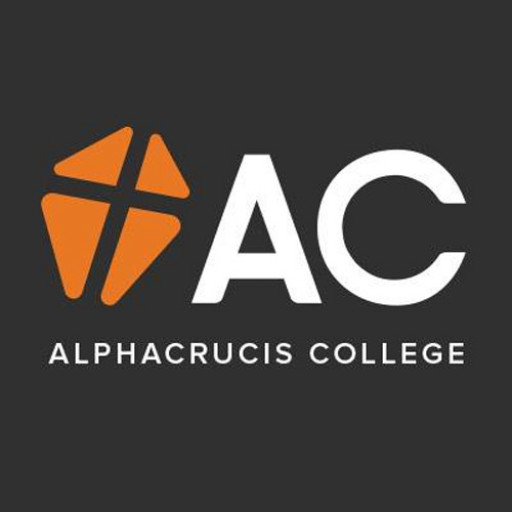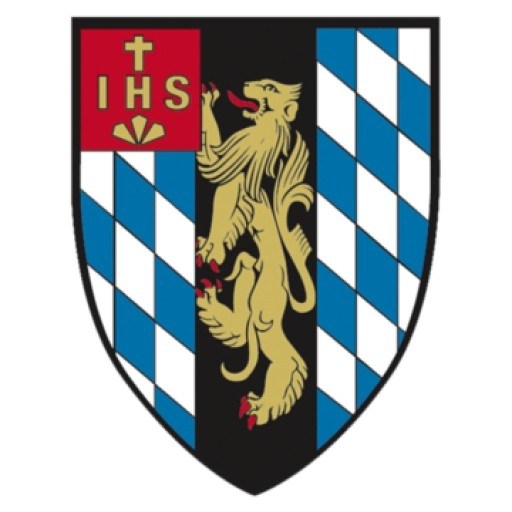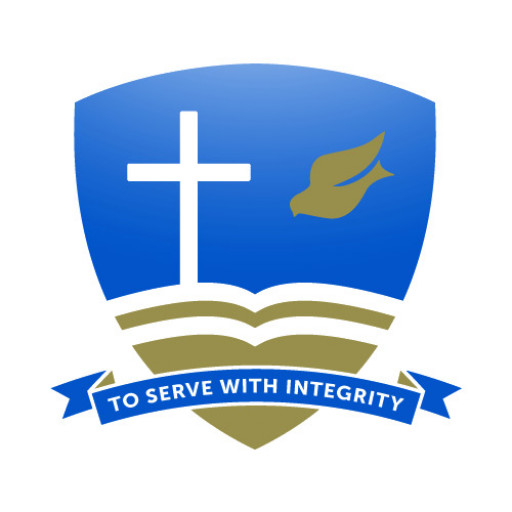Photos of university / #universityofgroningen
Biblical and Religious Studies at the University of Groningen offers an in-depth exploration of the origins, development, and influence of the Abrahamic religions—Judaism, Christianity, and Islam. This program provides students with a comprehensive understanding of the historical, cultural, and theological contexts that have shaped these faiths over millennia. You will examine sacred texts, religious practices, and the social dynamics that have influenced religious communities across different periods and regions. The curriculum combines courses in ancient history, religious studies, archaeology, and philology, enabling students to analyze primary sources and engage with current scholarly debates. Special focus is given to the origins of Abrahamic religions, exploring their common roots as well as their unique developments. Students will also study the role of these religions in contemporary society, understanding their impact on politics, culture, and interfaith relations. The program encourages critical thinking, analytical skills, and an appreciation for religious diversity and dialogue. Through lectures, seminars, and fieldwork, students gain hands-on experience and a nuanced perspective on religious traditions and their historical contexts. Graduates will be well-equipped for careers in academia, education, cultural heritage, or interfaith organizations. The University of Groningen’s vibrant academic community and its emphasis on research make it an ideal place to study the origins and development of Abrahamic religions. This program aims to foster a deeper understanding of one of the most influential religious traditions in human history, emphasizing academic rigor, intercultural dialogue, and a respectful appreciation of religious diversity.
Programme
* 1 year The MA programme in Origins of Abrahamic Religions consists of three thematic course units (30 ECTS) and a thesis (20 ECTS). 10 ECTS are reserved for a practical placement.
Specialisations / Tracks
* Master's Honours Programme: "Leadership: making the difference"(honours program) Honours programme of the University (15 EC).
For students who have a Bachelor Honours degree and who have attended a University College or were actively involved in (student)organizations besides the regular master programme.
Programme schedule
Courses
* Revealed Knowledge: Sacred Texts in Judaism, Christianity and Islam (10 EC)
* Jews, Christians and Muslims in the Ancient Mediterranean (10 EC)
* Methodology clinics
* Master Thesis (20 EC)
* Placement (10 EC)
* Texts of Terror: Violence, Power and Politics (10 EC)
Study abroad
* Study abroad is optional
* For an average of 20 weeks
* Maximum of 30 EC
Program requirements for the Origins of Abrahamic Religions at the University of Groningen typically encompass a combination of core courses, electives, language studies, and a final project or thesis. Prospective students are expected to have a background in religious studies, history, or related disciplines, demonstrating analytical skills and interest in ancient texts and historical contexts. Admission may require a relevant bachelor's degree or equivalent qualification, along with proficiency in English, verified through standardized tests such as IELTS or TOEFL.
The curriculum usually includes mandatory courses covering the historical development of Judaism, Christianity, and Islam, with emphasis on their common origins and divergences. Students explore archaeological findings, scriptural analyses, and the socio-political impact of these religions across different periods. Elective courses provide opportunities to study topics such as theological doctrines, religious practices, and contemporary issues related to the Abrahamic faiths.
Language study forms an important part of the program, often requiring proficiency in Hebrew, Arabic, or other relevant ancient or modern languages. Practical components, including internships or research projects, may be integrated to enhance understanding of primary sources and current scholarly debates.
A research thesis is typically required for graduation, demanding original analysis and understanding of the origins and development of Abrahamic religions. The program encourages critical thinking, comparative analysis, and engagement with diverse perspectives. Students also attend seminars and participate in discussions led by experts in the field. Overall, the program aims to equip graduates with comprehensive knowledge of the historical and religious foundations of Judaism, Christianity, and Islam, preparing them for careers in academia, research, or cultural heritage sectors.
The University of Groningen offers a range of financing options for students enrolled in their degree programmes, including scholarships, grants, student loans, and work opportunities. International students are encouraged to explore specific scholarships such as the Holland Scholarship, which provides financial support to talented students from outside the European Economic Area (EEA). Additionally, the university participates in international scholarship programs that may cover tuition fees partially or in full, depending on the eligibility criteria.
Students are also advised to investigate the Dutch government loans and grants, which can be available for both Dutch and international students under certain conditions. The university provides detailed guidance on how to apply for these financial aids through their student support services and International Office. Part-time work opportunities are available for students to supplement their income, with the university's location in Groningen offering numerous part-time roles within and outside the campus. These work opportunities are often flexible and designed to accommodate academic schedules.
Furthermore, the university encourages students to seek external funding sources, including country-specific scholarships, sponsorships from parents or organizations, and private foundations dedicated to supporting students' educational pursuits. The university's comprehensive financial aid webpage provides resources, eligibility criteria, and application procedures for each available funding option. Students are also recommended to contact the university's financial aid office early in their application process to receive personalized guidance and assistance.
Overall, students enrolled at the University of Groningen have access to a broad spectrum of financing options tailored to their needs, ensuring that financial constraints do not hinder their academic ambitions. The university remains committed to supporting its students financially through various initiatives, aiming to foster accessible and affordable higher education.
The Origins of Abrahamic Religions program at the University of Groningen offers an in-depth exploration of the historical, theological, and cultural developments of Judaism, Christianity, and Islam. This interdisciplinary program is designed to provide students with a comprehensive understanding of the emergence, evolution, and impact of these three major world religions, emphasizing their origins, core beliefs, and traditions. The curriculum covers a wide range of topics including the historical contexts of religious texts, archaeological findings, socio-political influences, and the interactions between these faiths over centuries. Students engage with primary sources, scholarly interpretations, and contemporary debates surrounding religious identity, interfaith dialogue, and religious tolerance. The program places particular emphasis on critical analysis and encourages students to develop their own perspectives through coursework, research projects, and discussions. It also offers opportunities for learning about related disciplines such as history, anthropology, literature, and philosophy, which enrich the understanding of religious phenomena. Given the global significance of Abrahamic religions, the program aims to foster a nuanced appreciation of their diverse expressions and their role in shaping societies. The University of Groningen supports students through experienced faculty members specializing in religious studies, as well as through seminars, workshops, and opportunities for international cooperation. Graduates of the program are prepared for careers in academia, cultural analysis, intercultural communication, religious counseling, and other fields that require advanced knowledge of religious traditions and their societal implications. The program reflects the university’s commitment to fostering an inclusive academic environment that promotes knowledge, critical reflection, and respectful dialogue among different faith communities.







